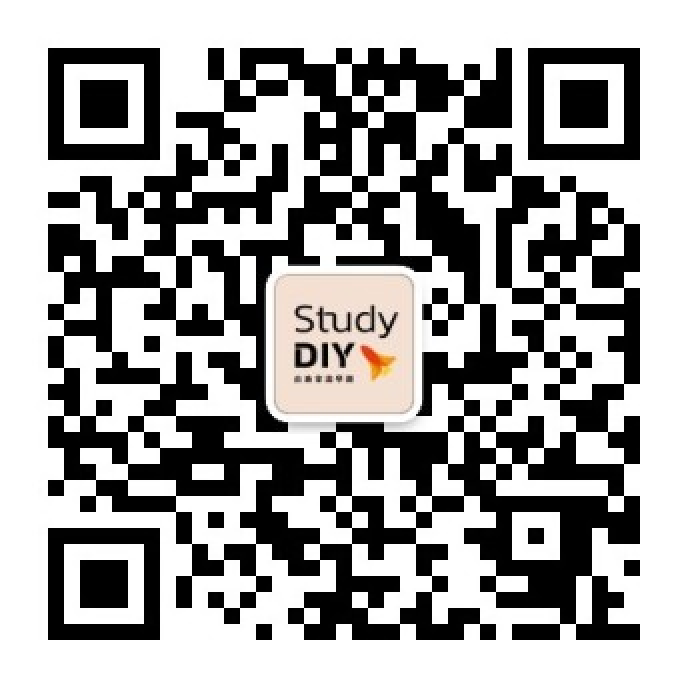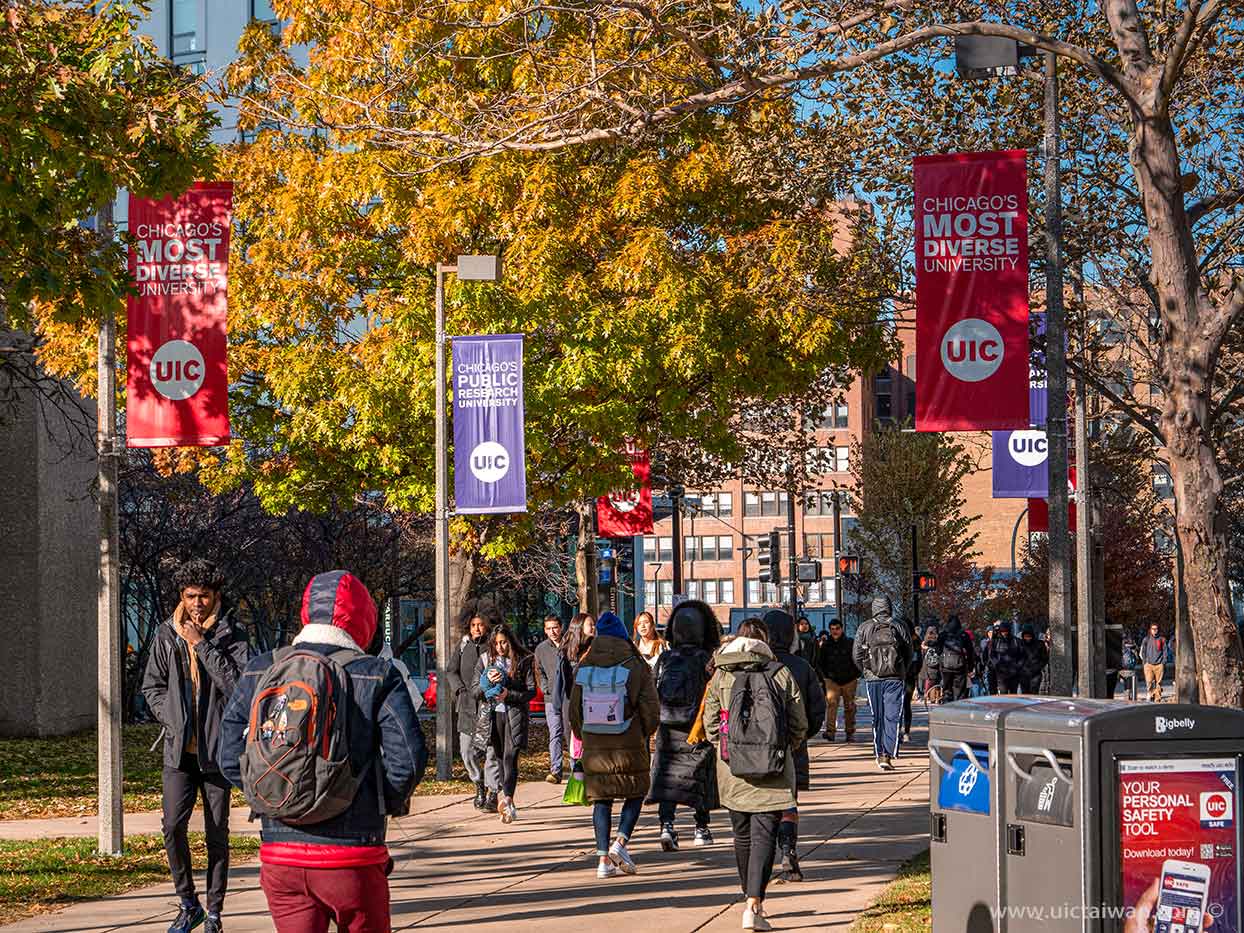What is Financial Proof?
When applying to schools abroad, it is common for schools to require financial proof (Financial Statement/Bank Statement). This is mainly to prove that the student has sufficient financial resources to complete their studies without a scholarship. Most schools abroad offer scholarships, but international students often cannot apply, as the schools typically reserve these slots for local students. Therefore, schools will ask students to provide financial proof to show that the applicant has the ability to bear all expenses during their studies abroad.
Financial proof can generally be divided into two types based on the sponsor:
1. Private Financial Support
Most applicants provide this type of financial proof. It is a deposit certificate issued by a bank or post office, proving the applicant’s account balance at a certain point in time. The account holder can be the student themselves or their immediate family members. The financial proof can be either a checking or savings account and does not necessarily have to be in USD. However, if the account is not in USD, the financial proof must show the equivalent amount in USD.
2. Scholarships Provided by Government Agencies or Private Institutions
A funding certificate issued by the entity providing the scholarship. This document must be in English and specify the scholarship's start date, amount, and duration, among other details.
When to Provide Financial Proof

Although it is an indispensable document for applications, financial proof is not always required during the application process. Typically, there are three instances when financial proof is needed:
Application Stage
Some universities will require financial proof at the application stage. They usually provide a fixed format for students to fill out and then upload directly to the application system. For example, the University of Notre Dame requires applicants to provide financial proof at the application stage. Some schools also state that providing financial proof during the application stage can speed up the time to obtain the I-20 after admission. Students can choose whether to provide financial proof to the school at this stage.
After Receiving the School Admission Notice
Most schools will only ask for financial proof after issuing the admission notice. At this point, the financial proof is one of the necessary documents for the school to issue the I-20 form. After receiving the admission notice, students will receive related documents and materials from the school. The most important document is the I-20, which is required for applying for a visa. However, the school must first receive the student’s financial proof before issuing the I-20.
Visa Application
When applying for a US student visa, the American Institute in Taiwan (AIT) interviewers may ask to review the applicant's financial proof. Therefore, it is advisable to request an extra copy from the bank.
Further Reading
◇ University of Notre Dame (聖母大學) School Introduction
◇ US F-1 Visa Application Process Explanation | UP-STUDY Educational Center
Financial Proof Considerations
1. The amount indicated on the financial proof must be sufficient to cover one year's tuition and living expenses. The amount required by each school varies. Some schools provide an estimated total for tuition and living expenses on their websites, but actual expenses often exceed the estimates, so it is best to prepare financial proof with an amount higher than the school's estimate. There is no upper limit for this amount.
2. Most financial proofs issued by banks are presented in both Chinese and English. If not, an English version must be requested. If the currency displayed is New Taiwan Dollar (NTD), the exchange rate on the day should be noted, or the equivalent amount in US Dollars (USD) should be written directly.
3. If the financial proof is required during the application stage, it is best if the issuance date is as close as possible to the application submission date. Generally, financial proof issued within three months before sending the application form is more advantageous.
4. If the financial proof is not issued from the applicant's own account, a family member can act as a sponsor. The sponsor must sign a financial support declaration (Financial Declaration) or provide an affidavit of support (Affidavit of Support). These documents are usually included in the school’s application forms. The affidavit of support is used to prove that the sponsor is willing to support the applicant’s tuition and living expenses during their study abroad period.
5. Some US schools require the financial proof to be notarized (Notary). Generally, financial proof that is not from the applicant’s account will need to be notarized. For notarization, you can go to the American Institute in Taiwan (AIT). The process is simple, and no translation is required. It is more likely to be trusted by the US side, though the notarization fee is relatively high.
So, that’s all the information you need to know about financial proof!
If you have any further questions or would like to know more about other study abroad application documents, feel free to quickly book a consultation with an UP-STUDY advisor by clicking the "Quick Appointment" button at the top right of the page!
Taipei | 11F, No. 2, Section 4, Zhongxiao East Road, Taipei City | T: 02-6617-2222
Hsinchu | 5F, No. 77, Dongmen Street, Hsinchu City | T: 03-610-6222
Taichung | 16F, No. 360, Section 2, Taiwan Boulevard, Taichung City | T: 04-3609-9222
Tainan | 6F, No. 76-10, Section 2, Minzu Road, Tainan City | T: 06-6020-222
Kaohsiung | 2F, No. 283, Zhongshan 1st Road, Kaohsiung City | T: 07-963-3222




 Study Abroad in Different Countries
Study Abroad in Different Countries Popular Majors
Popular Majors Application Process
Application Process Study abroad exam
Study abroad exam Visa Application
Visa Application Study Abroad Life
Study Abroad Life








 Study in the USA
Study in the USA Study in Australia
Study in Australia Study in the UK
Study in the UK Study in the Netherlands/Ireland
Study in the Netherlands/Ireland Study in Canada
Study in Canada Conditional Admission
Conditional Admission



